When it comes to natural, healthy foods with impressive nutrient profiles, Medjool dates definitely stand out. These juicy fruits are considered a nutritional powerhouse and offer a delicious taste and numerous health benefits. Rich in essential nutrients, Medjoul dates have the potential to impact general well-being and contribute to a healthy diet positively. It has a rich history and is esteemed for its large size, sweet flavour, and chewy texture. But beyond their culinary appeal, these dates have garnered attention for their remarkable nutritional composition. From fibre to vitamins and minerals, Medjoul dates encompass an impressive range of nutrients that can support various aspects of health.
Medjool dates are considered a superfood due to their nutritious value. In ancient times, they were referred to as the “KING OF DATES” and were thought to be a royal fruit consumed by Moroccan royalty.
Nutrients found in Medjool Dates
Medjoul dates are rich in a variety of essential nutrients, making them a nutritional powerhouse. Let’s discuss the specific nutrients found in dates, including dietary fiber, vitamins, minerals, and antioxidants:
Minerals:
Medjoul dates are a significant natural source of vital minerals crucial for the body’s well-being. Among these, they stand out for their rich potassium content, which is essential in supporting muscle function, regulating blood pressure, and ensuring a healthy heart.
Iron:
The mineral iron, essential for creating red blood cells, is present in modest amounts in Medjool dates. Iron is necessary to transport oxygen throughout the body and prevent anaemia of iron deficiency. While the iron content in Medjool dates is relatively moderate, it can still contribute to meeting the daily iron requirements, especially when combined with other dietary sources of iron.
Phosphorus:
Medjoul dates contain phosphorus, an essential mineral involved in bone health, energy production, and maintaining acid-base balance in the body. For DNA and RNA to be produced and for good cell activity, phosphorus is necessary.
Vitamin C:
While the vitamin C content in Medjoul dates is relatively modest compared to other fruits, it still contributes to the overall nutrient profile. Immune health, antioxidant defence, and collagen formation all depend on vitamin C. Its presence in dates adds to the range of vitamins available in this fruit.
Saponins:
Medjoul dates contain saponins, a class of compounds with potential health benefits. Saponins have been associated with immune-boosting properties and may exhibit cholesterol-lowering effects. They possess anti-inflammatory and antioxidant effects, which promote overall health and illness prevention.
Antioxidants:
Medjoul dates contain a range of antioxidants, including phenolic compounds. Antioxidants are important for fighting oxidative stress, a process produced by free radicals in the body. They aid in cell defence, slash inflammation, and lessen the danger of chronic illnesses like cancer, heart disease, and neurological disorders. The antioxidant properties of dates contribute to their potential health benefits.
Dietary Fibre:
Dates are an excellent source of dietary fibre. Fibre is crucial for promoting regular bowel motions and supporting a healthy digestive system. It aids in preventing constipation, reducing the risk of haemorrhoids, and supporting overall gut health. The high fiber content in dates also helps regulate blood sugar levels, promote satiety, and contribute to weight management.
Calcium:
Medjool dates include a small amount of calcium necessary for strong bones and teeth. Additionally, calcium affects how muscles contract, nerves communicate, and blood clots. While Medjool dates may not be a primary source of calcium, their contribution can support overall calcium intake as part of a balanced diet.
Also Read: अच्छे स्वास्थ्य के लिए कौन से आहार का सेवन करें?
Health Benefits of Consuming Medjool Dates
Medjool dates have a variety of potential health benefits. Adding Medjool dates to a balanced diet has the following benefits:
Digestive Health:
The high fibre content of Medjool dates promotes healthy digestion and prevents constipation. Fibre adds bulk to the stool, facilitating regular bowel movements and supporting overall digestive function. This can help alleviate digestive issues and contribute to a healthy gut.
Heart Health:
Medjool dates are cholesterol-free and low in sodium, making them heart-friendly. Their high potassium content helps regulate blood pressure and maintain proper heart function. Additionally, the presence of phenolic compounds and antioxidants in Medjool dates may reduce inflammation and protect against cardiovascular disease.
Blood Sugar:
Even though Medjool dates contain natural sugars, their glycaemic index remains low to moderate. This signifies that they lead to a slow and steady increase in blood sugar levels, unlike high-glycaemic foods. for people with diabetes, including Medjool dates in their diet in moderation can be a wise choice for better blood sugar management.
Anaemia Prevention:
Medjool dates contain a little amount of iron, which is required for the formation of red blood cells. Including Medjool dates in the diet can help prevent iron deficiency anaemia and support optimal oxygen transport throughout the body.
Weight Management:
The fibre content in Medjool dates promotes feelings of fullness and satiety, which can aid in weight management. Including Medjool dates as a satisfying snack can help curb cravings and prevent overeating, contributing to a balanced calorie intake.
Skin Health:
The antioxidants and vitamin C found in Medjool dates can promote healthy skin by protecting against oxidative stress and supporting collagen production. Including Medjool dates in the diet may contribute to a radiant complexion and help maintain youthful-looking skin.
Reduced Allergy Symptoms:
Some studies suggest that consuming Medjool dates may help alleviate symptoms associated with seasonal allergies. Quercetin, a natural antihistamine compound, may relieve allergy symptoms such as sneezing, itching, and congestion.
Mood and Stress Relief:
The creation of neurotransmitters that control mood and lower stress is facilitated by the presence of minerals in dates, such as magnesium and vitamin B6. It may help with mood and relaxation.
Energy Boost:
Due to their natural carbohydrates, including glucose and fructose, which are rapidly absorbed by the body, dates provide a quick and natural source of energy. They can be a convenient snack option for athletes, people who engage in physical exercise, or anyone who needs a natural energy boost.
Improved Brain Function:
Dates contain essential minerals, including vitamin B6, crucial for producing neurotransmitters that support brain function. Adequate intake of vitamin B6 may contribute to improved cognitive function, memory, and overall brain health.
How to include Medjool Dates in your diet?
- Pair with Nuts or Nut Butter: Combine the natural sweetness of Medjoul dates with the crunchiness of nuts or the creaminess of nut butter. Stuff dates with almonds, walnuts, or pecans, or spread some almond or peanut butter on top for a tasty and satisfying snack.
- Incorporate into Baked Goods: Dates can be used as a natural sweetener and a healthier alternative to refined sugars in baking. Chop them finely and add them to muffins, bread, cookies, or energy bars for a moist texture and natural sweetness.
- Include in Breakfast Dishes: Sprinkle chopped Medjul dates over your morning cereal, oatmeal, or yoghurt for added sweetness and texture. They can also be blended into pancake or waffle batters for a nutritious twist on traditional breakfast options.
- Make Energy Balls or Bars: Combine dates with nuts, seeds, and other favorite ingredients to create homemade energy balls or bars. These make great grab-and-go snacks or pre/post-workout fuel.
- Stuff with Cheese or Nut Butter: Create a savoury-sweet combination by stuffing dates with soft cheese, like goat or cream cheese, or filling them with nut butter. These make elegant appetisers or indulgent treats.
- Blend into Dips or Spreads: Include pure Medjoul dates in dips or spreads like hummus or fruit-based spreads. They can add depth of flavour and natural sweetness to savoury or sweet spreads.
- Use as a Natural Sweetener: Replace refined sugars or sweeteners in recipes with pureed or mashed dates. They are effective in marinades, salads, sauces, and even homemade granola bars.
- Use in Salads or Grain Bowls: Add chopped dates to salads or grain bowls to introduce a hint of sweetness and a chewy texture. Leafy greens, roasted vegetables, quinoa, and couscous are some foods they go well with.
Conclusion
Rich in potassium, magnesium, and copper, Ajwa dates play a pivotal role in promoting heart health, bolstering bone strength, and facilitating nutrient absorption. Beyond these essential minerals, they provide a robust dose of antioxidants, actively combating oxidative stress and lowering the risk of chronic diseases.
FAQs
Q. Are Medjool dates high in calories?
Ans. Medjool dates are relatively high in calories due to their natural sugars, but they are also packed with essential nutrients, making them a healthy choice when consumed in moderation.
Q. How should Medjool dates be stored?
Ans. Medjool dates should be stored in a cool, dry place or in the refrigerator to maintain their freshness and prevent them from drying out.
Q. Can Medjool dates be enjoyed by individuals with gluten intolerance?
Ans. Yes, Medjool dates are gluten-free, making them a safe and healthy option for individuals with gluten intolerance or celiac disease.
































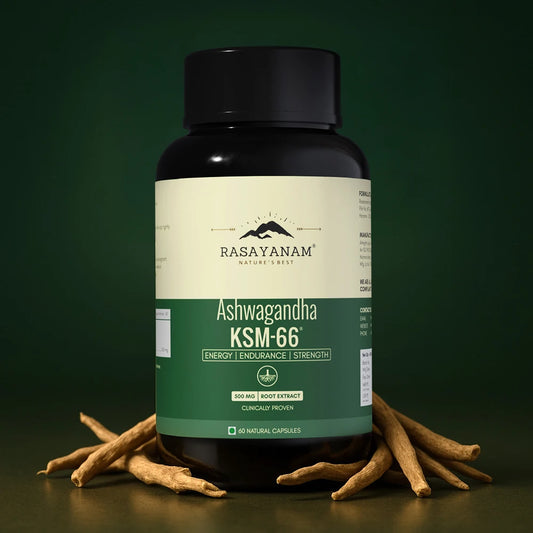
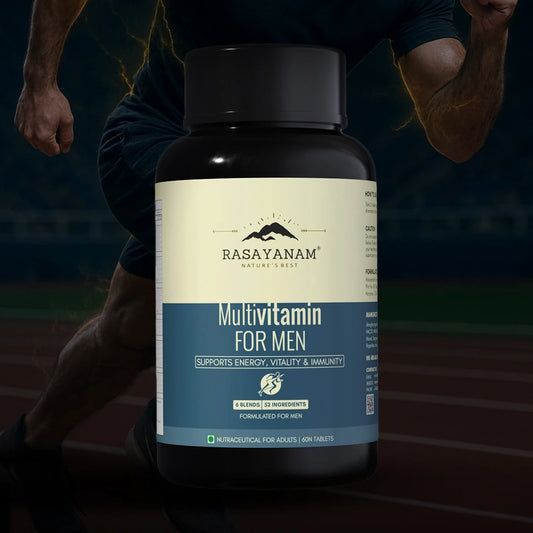
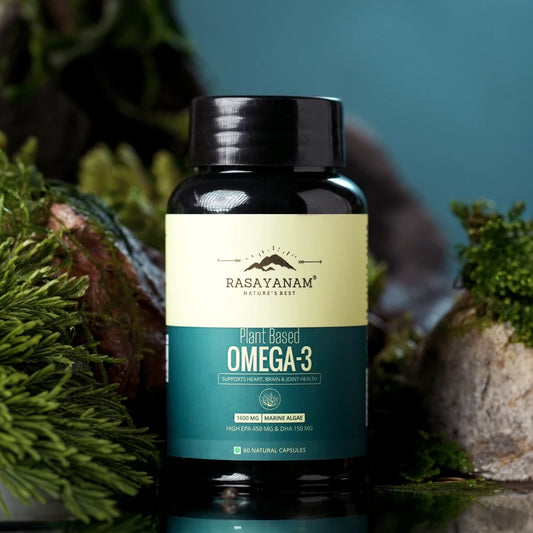
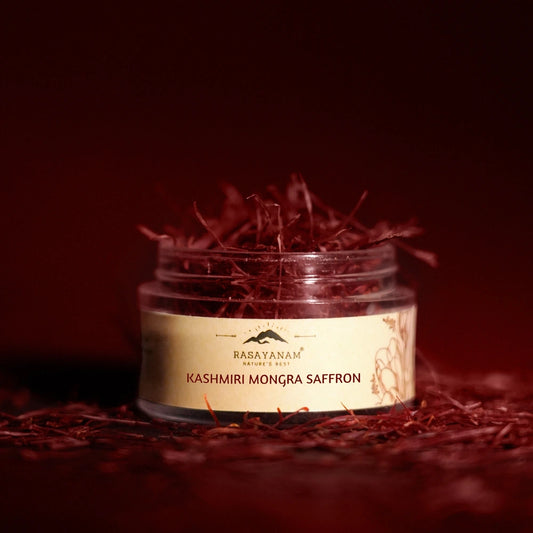
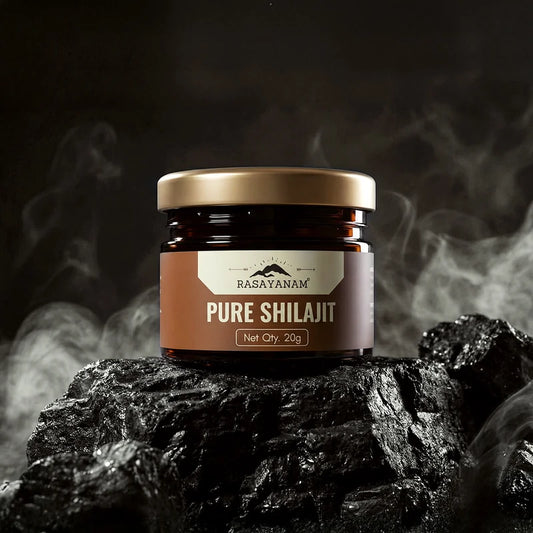






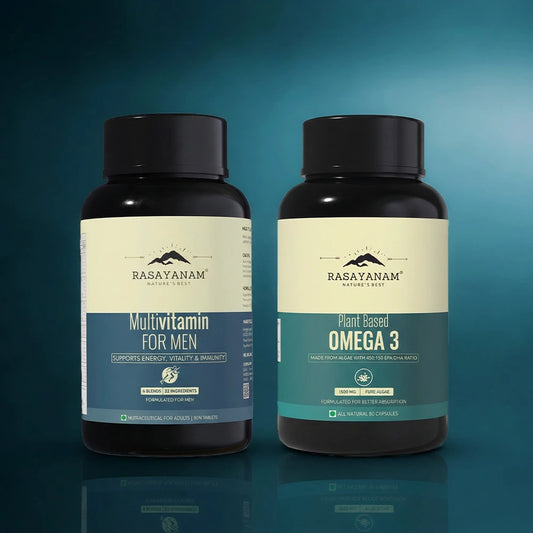
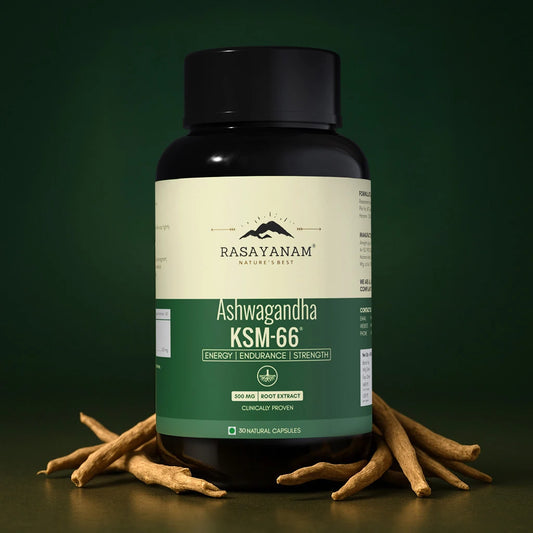

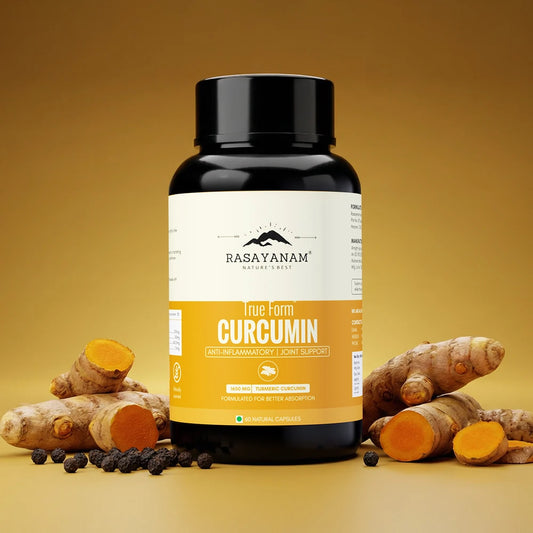
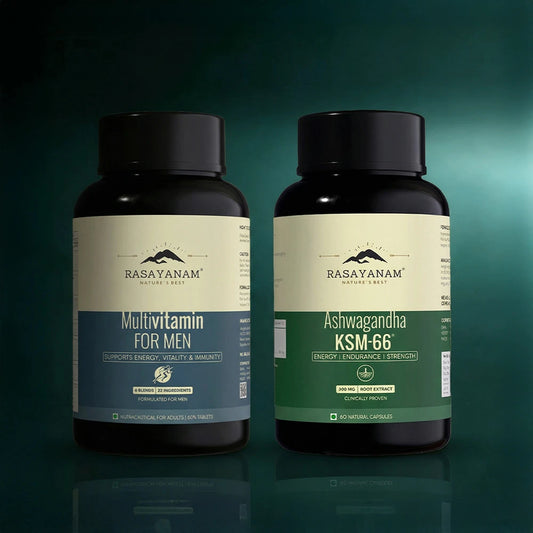
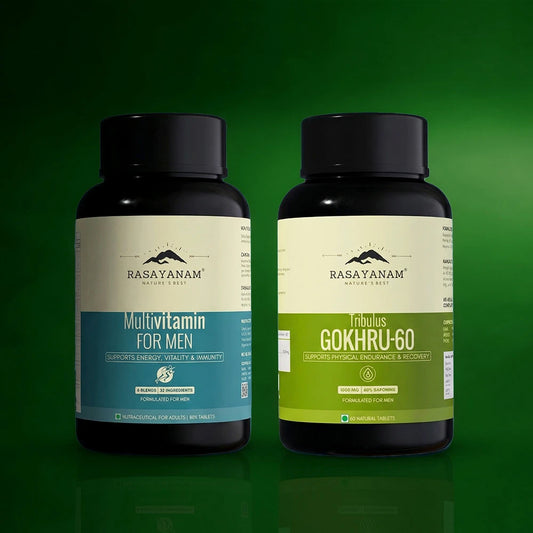
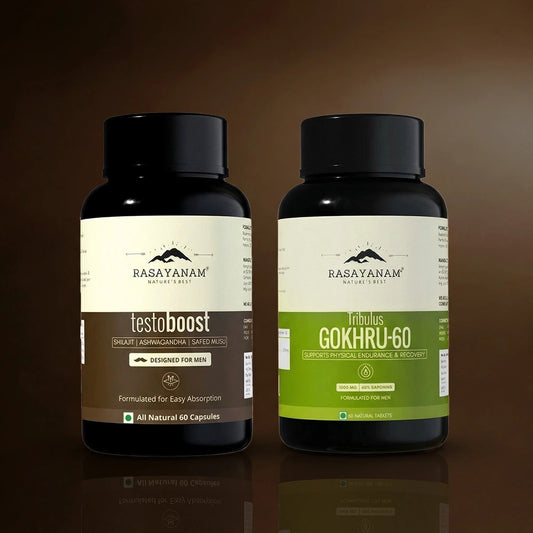
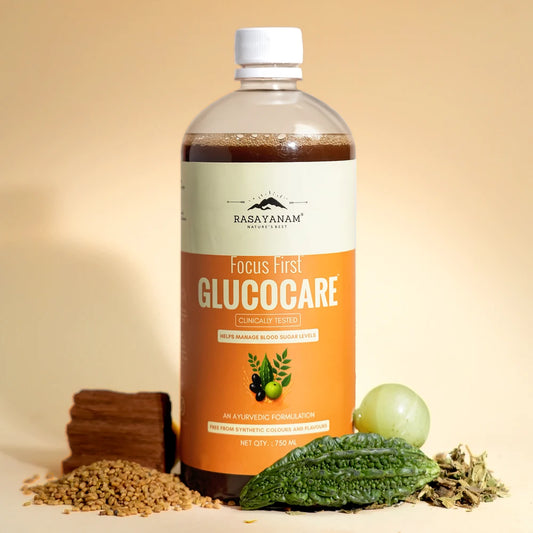
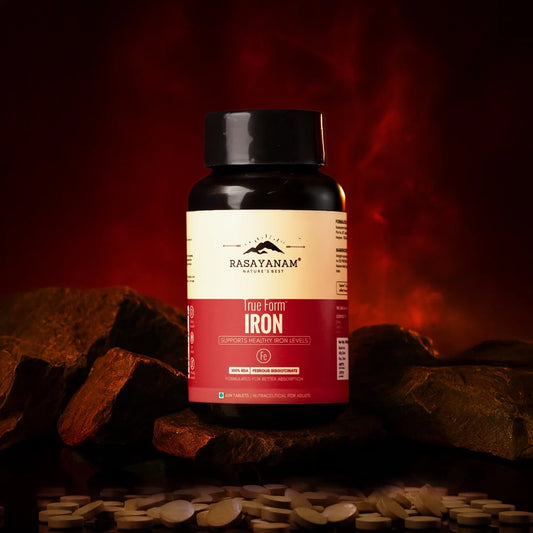
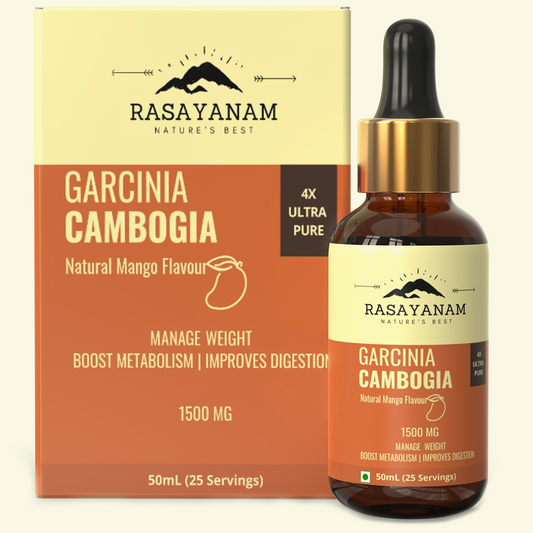
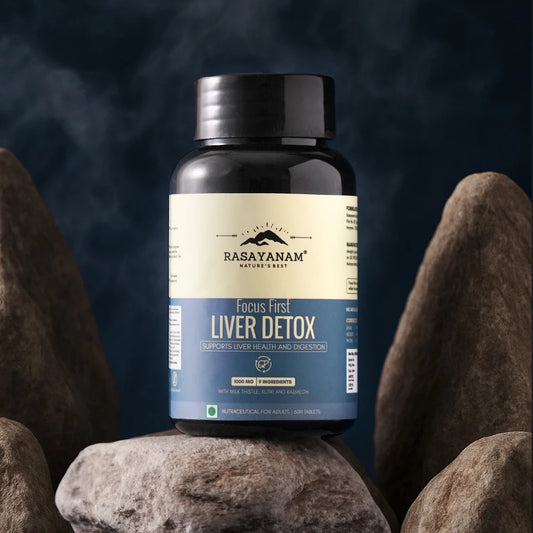
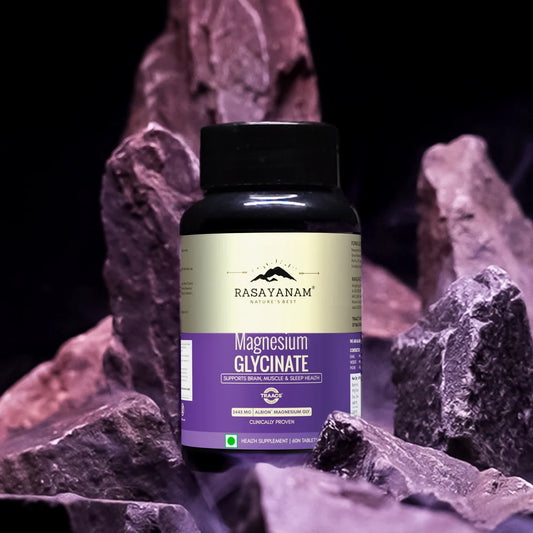
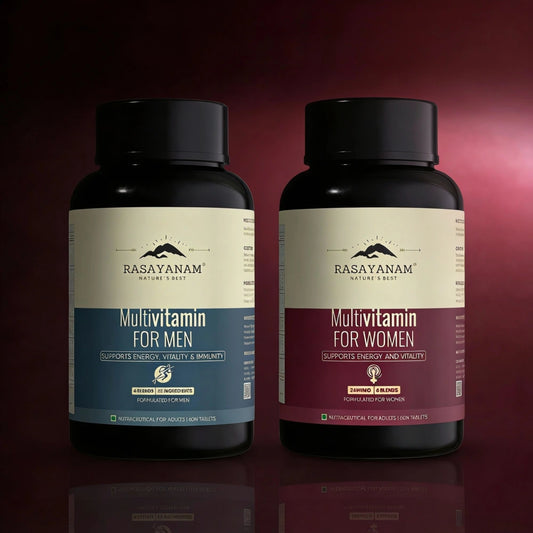

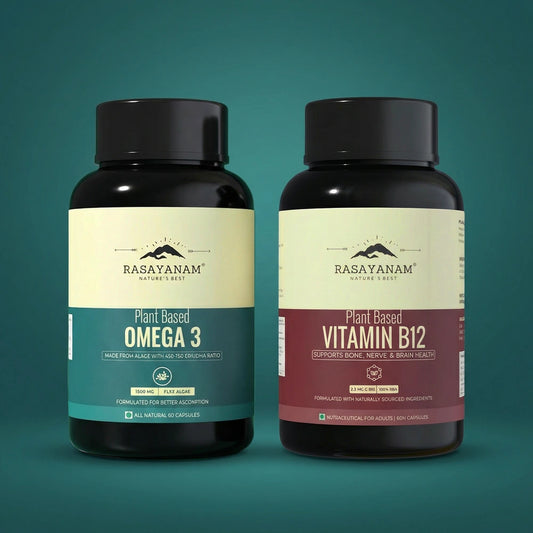
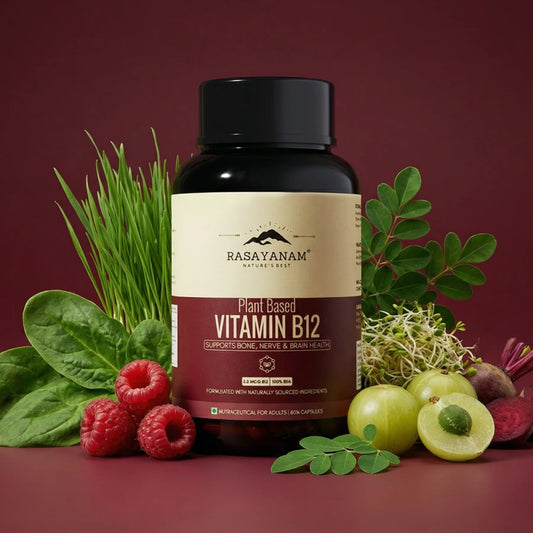
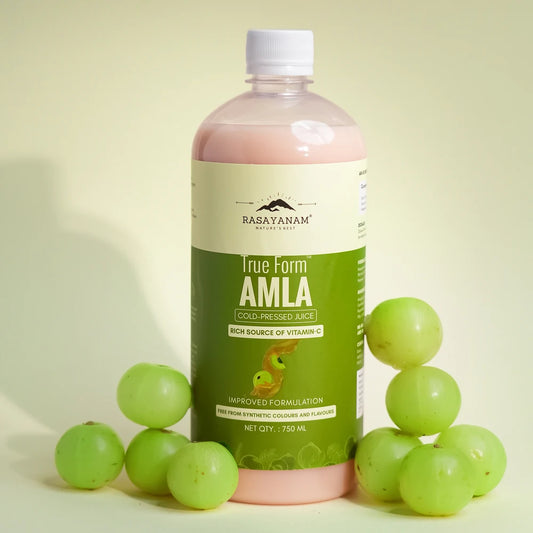
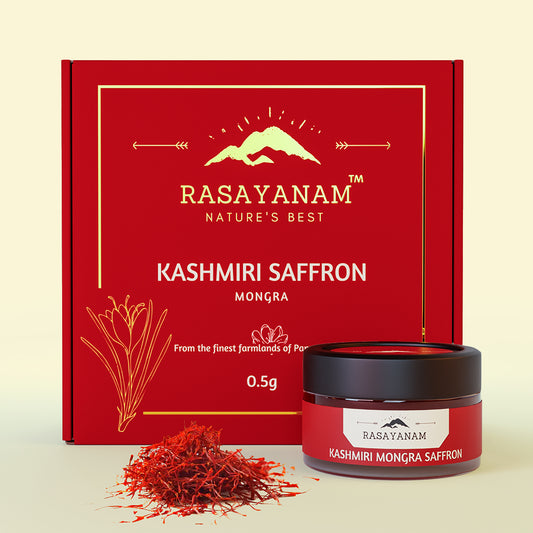

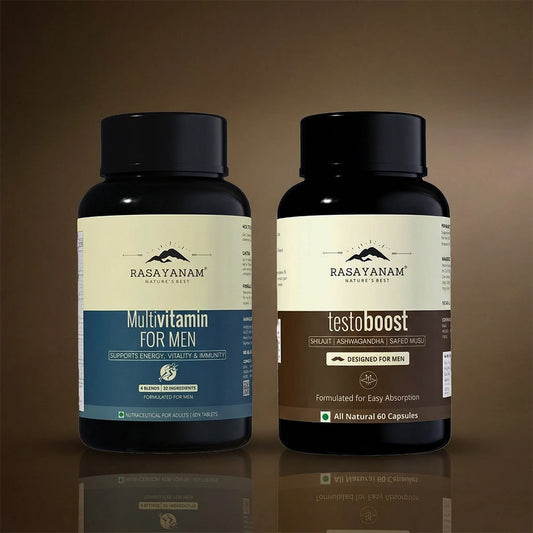
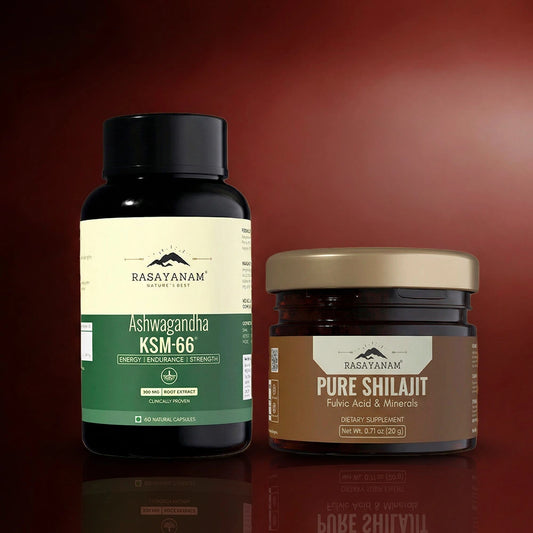

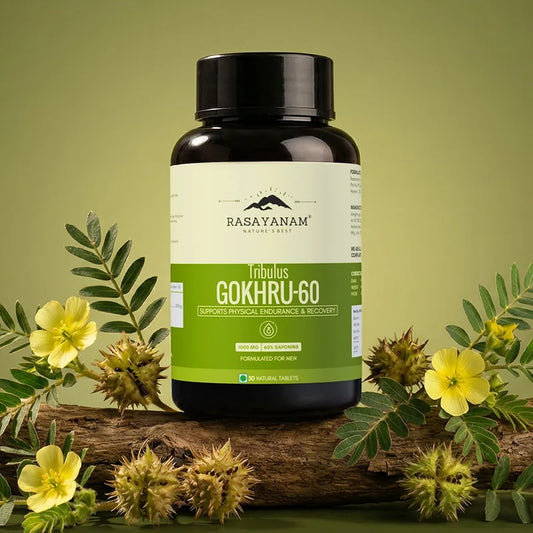
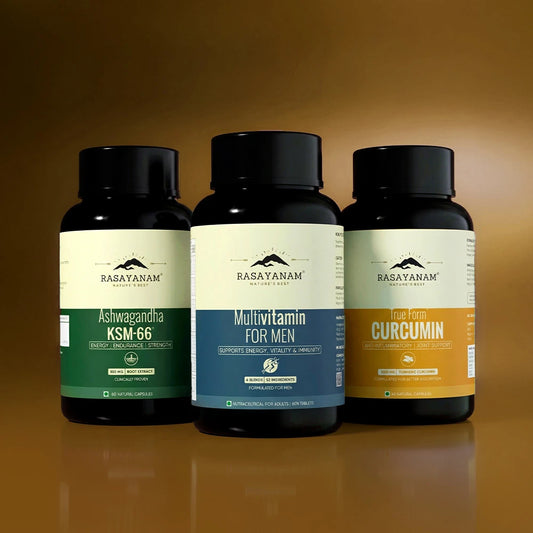
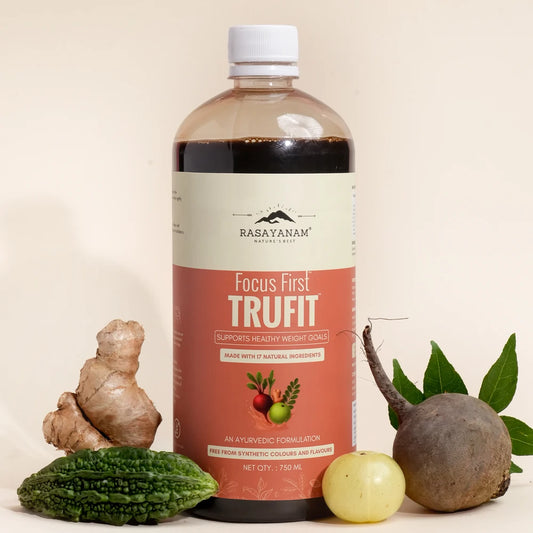
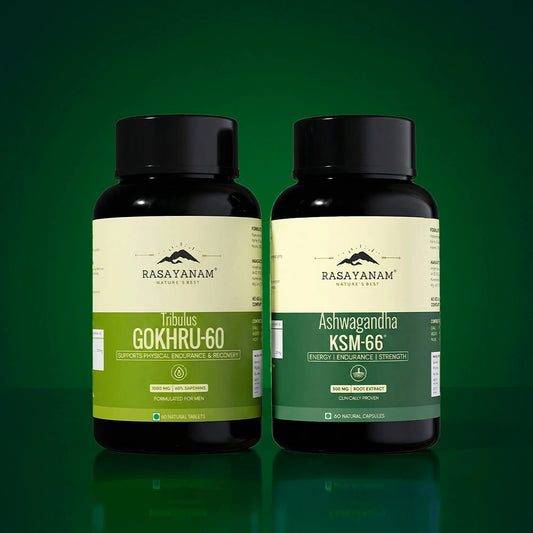
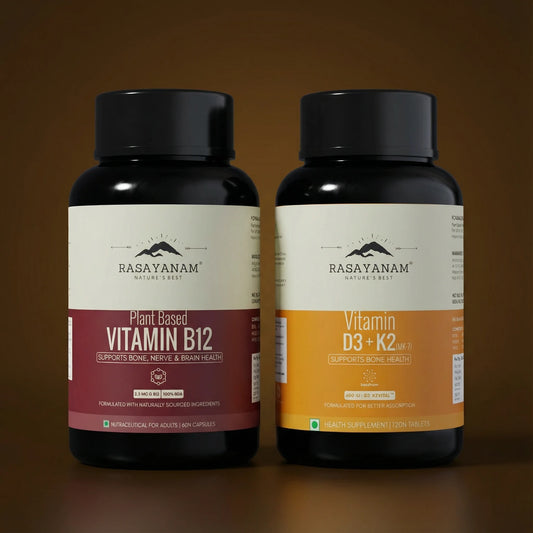
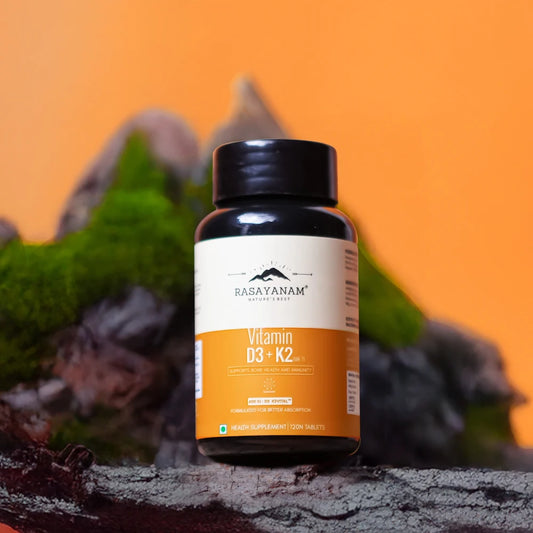







1 comment